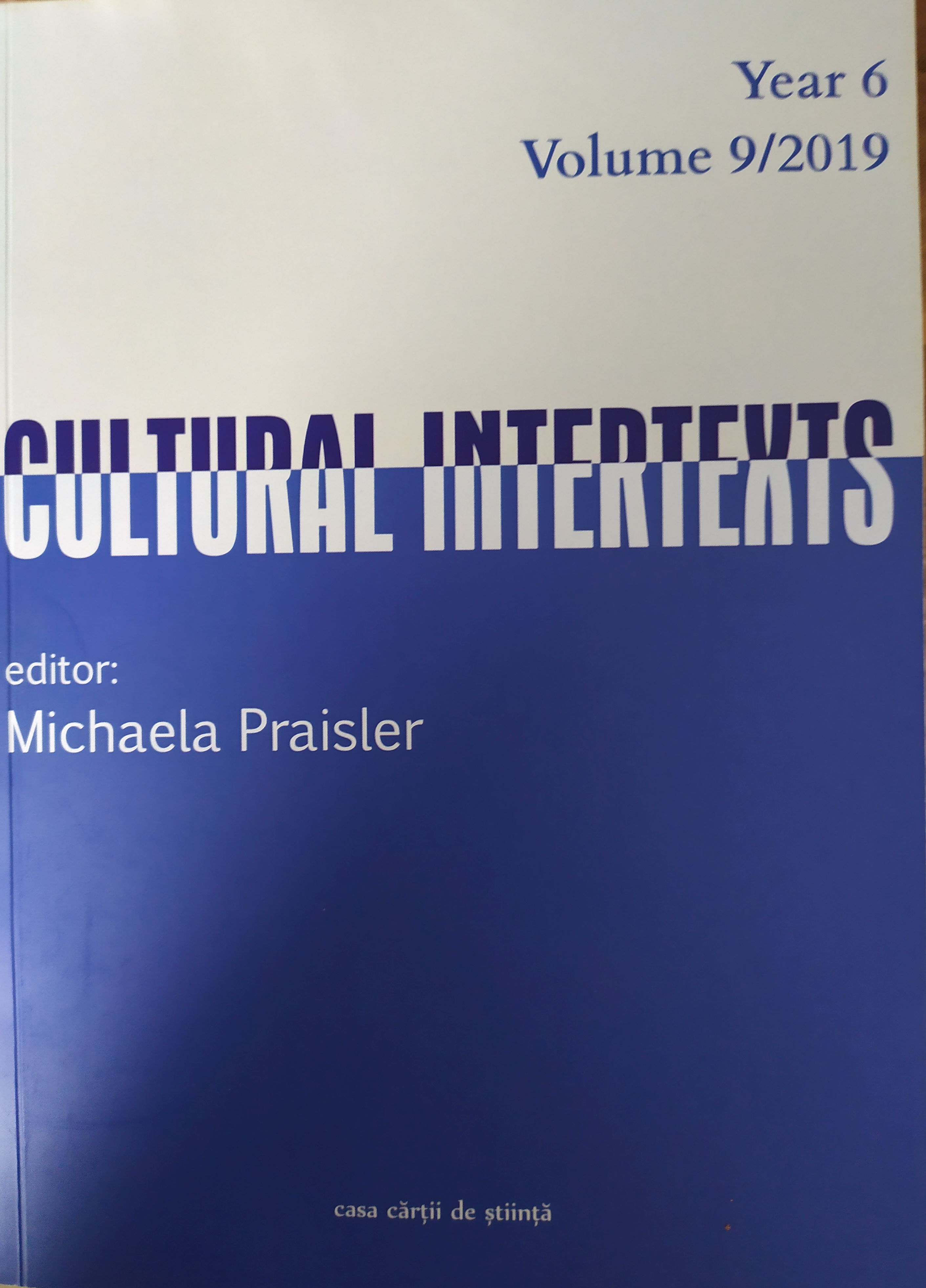Narrative Strategies of the Representation of Consciousness in the Modern Georgian Novel: Post-Soviet Experience (Based on Obole by Aka Morchiladze)
Narrative Strategies of the Representation of Consciousness in the Modern Georgian Novel: Post-Soviet Experience (Based on Obole by Aka Morchiladze)
Author(s): Irakli KhvedelidzeSubject(s): History, Language and Literature Studies, Cultural history, Studies of Literature, Ethnohistory, Local History / Microhistory, Other Language Literature, Philology, Theory of Literature
Published by: Editura Casa Cărții de Știință
Keywords: Soviet experience; National identity; cognitive narratology; Aka Morchiladze;
Summary/Abstract: The paper presents the outcomes of the research on the following topic: the formation of the national identity in the Post-Soviet/Post-Communist Georgian literary discourse. The material is taken from Obole – a novel by a famous representative of post-modern Georgian literature Aka Morchiladze. The research methodology consists of cognitive narratology, namely, the narratological knowledge aimed at the study of the character’s consciousness (Palmer 2004, Zunshine 2006). In order to identify the peculiarities of the act of remembering, the research uses various approaches to the research of memory (Neumann 2005, Birke 2008). The aim of the research is to define the role of values, aspirations and opinions (regarding the reality beyond “the iron curtain”), obligations, traumatic experience, action programs (stereotypes) (Antonio Damasio) formed in the Georgian society (on the individual and collective levels) during the Soviet regime in the functioning of the autobiographic self/identity of characters living in the Post-Soviet reality. The research attempts to study how the old model of identity meets human homeostatic and homeodynamic (Antonio Damasio) needs in the new reality of the Post-Communist period. The research also attempts to find out whether the act of remembering (Soviet experience) supports or hampers the formation of the new national identity. Based on the novel under analysis, the research identified the peculiarities of individual and social consciousness in the Post-Soviet reality. Implementation of the above-mentioned objectives clarified the cultural representation of Communism in the Post-Soviet States.
Journal: Cultural Intertexts
- Issue Year: 9/2019
- Issue No: 9
- Page Range: 119-124
- Page Count: 6
- Language: English

